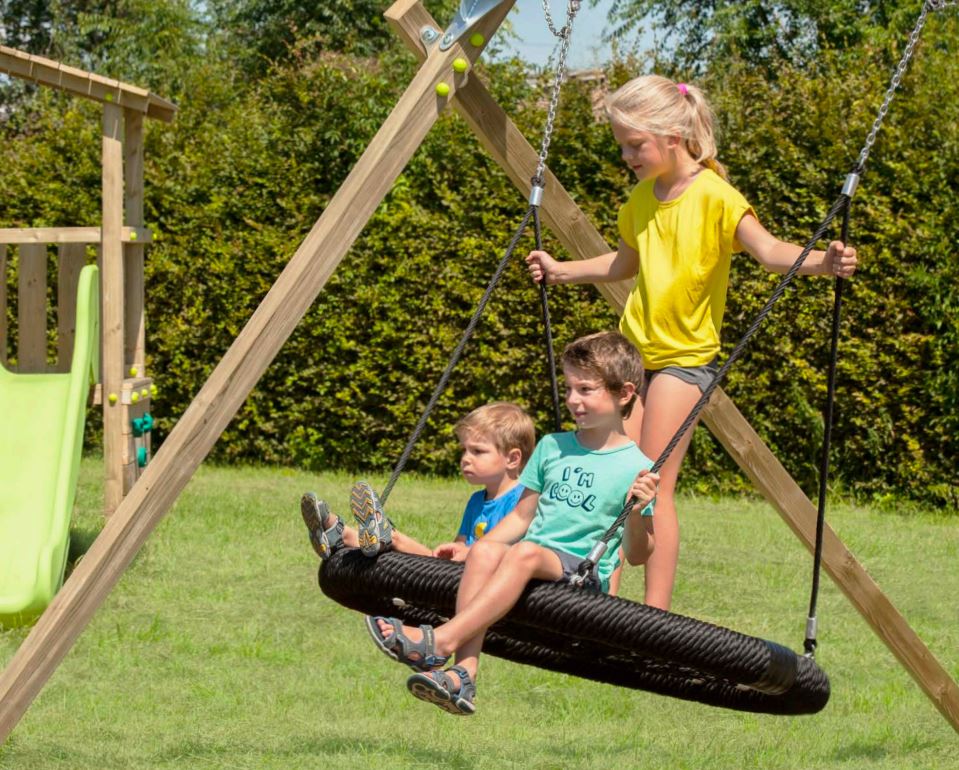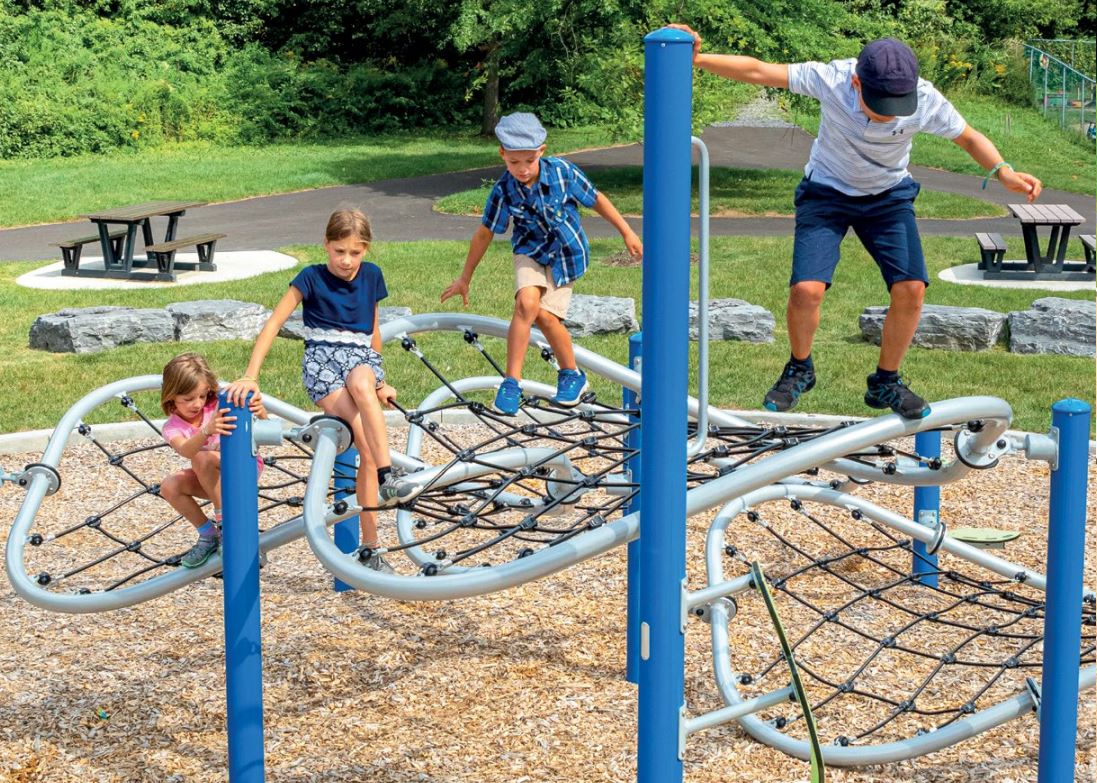We’ve talked about the huge benefits that playing brings to our children. Not only physically, but also socially, cognitively, and emotionally… the play is a powerful tool that children use to discover who they are, who they want to be, and how they should prepare for the world.
Play is necessary for children at whatever stage of development they are in. Today we tell you about three consequences of lack of playing for children:
More anxiety
According to research, children who don’t play report feelings of sadness, boredom, and irritability. This can sometimes go unnoticed, but playing brings a lot of positive feelings and it helps with stress reduction, which can also diminish anxiety symptoms.
Plus, severe play deprivation especially during early childhood is linked to less emotional self-regulation and an increasing probability of depression and anxiety.
Difficulties engaging with others
Playing is a social activity per se. That’s why is a really important context when we are little. When children are at the playground, unstructured & free play provides the ideal opportunity to interact and compete with others, which leads to developing and maintaining healthy relationships.
If a child doesn’t play, he/she will not have the space to practice social skills like problem-solving, emotional intelligence, and cooperation. This means that in short, with the lack of play, children have greater difficulty establishing meaningful relationships.
Troubles to cope with problems
At the playground, children have the freedom to approach real-life situations that teach them about the real world. When kids are playing, they make sense of things surrounding them and find it easy to understand how real situations work (such as a fight with a playmate). A kid who plays learns how to handle conflicts, reach solutions that have greater benefits, and be independent by making their own decisions. They become more self-aware, better at listening to others, and compromising.
A lot of researchers agree that play deprivation is related to poor resilience. Playing develops coping mechanisms to wade through their troubles and manage challenges in the long term.

In addition to all these problems, lack of playing also tends to make children less autonomous when they grow up, leading them to opt for a sedentary lifestyle and increasing their chances of acquiring sleep problems in adulthood.
As you can see, lack of playing can have catastrophic consequences in the life of our children. At Westplay, we create friendly and fun spaces for families to enjoy playing! Contact us at 604-424-4168 – info@westplay.ca
